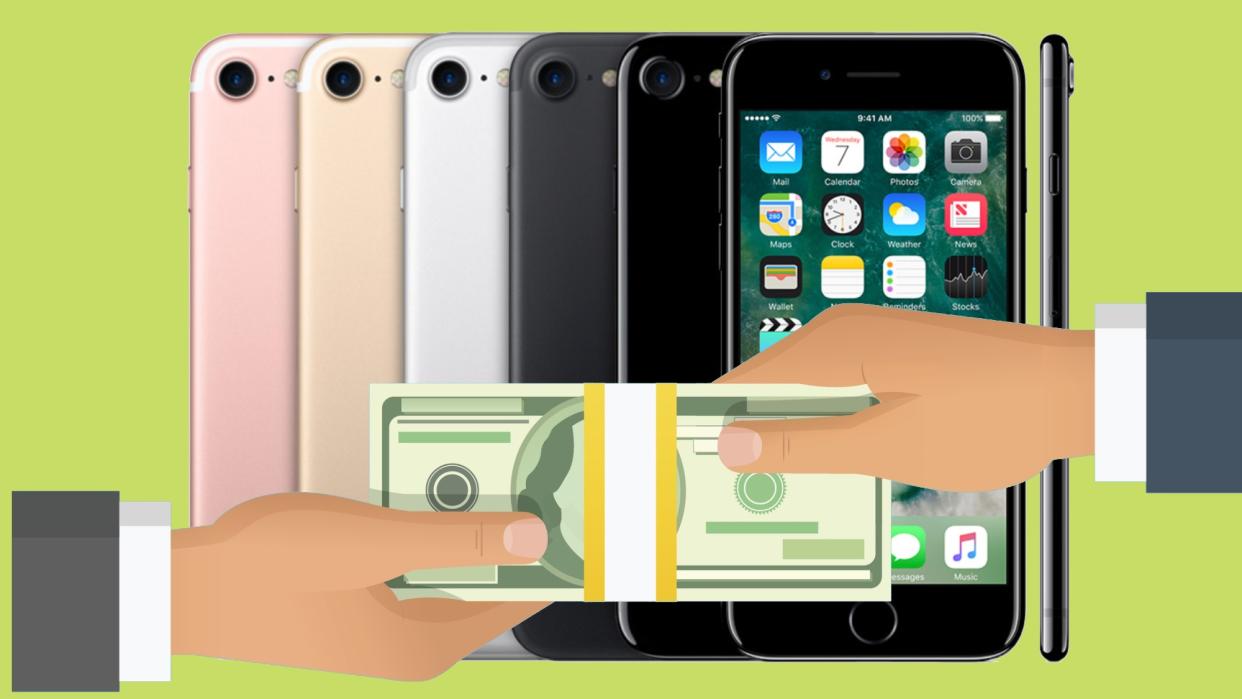Apple to pay $65 per person for iPhone lawsuit: Is it too late for you to claim?

Five years ago, iPhone owners accused Apple of maliciously slowing down iPhone 6, iPhone 7, and iPhone SE devices. The Cupertino-based tech giant maintained that it had no devious intent, but in 2020, it agreed to pay up to $500 million to avoid expensive litigation, according to Reuters.
On Friday, a judge finally gave Apple the green light to start rolling out payments to claimants. Tyson Redenbarger, a lawyer who advocated for the iPhone owners in the case, estimates that Apple will shell out about $65 for each claimant, according to SiliconValley.com.
Recap of 'batterygate'
In late December 2017, Apple admitted that, starting in 2016, it slowed down the performance of older iPhones. However, the company maintained that it had no malicious intent behind it — it simply wanted to "prevent accidental shutdowns," according to The Verge.
However, some iPhone owners weren't buying it, so they filed a class-action lawsuit against the Cupertino-based tech giant in 2018. Which iPhones were affected by 'batterygate'? Check out the list below
iPhone 6
iPhone 6 Plus
iPhone 6s
iPhone 6s Plus
iPhone SE
iPhone 7
iPhone 7 Plus
As aforementioned, Apple denied wrongdoing, but decided to settle in 2020, agreeing to pay between $310 million and $500 million. At the time, the estimated payout for each claimant was $25; two iPhone owners appealed the settlement, claiming it wasn't enough. This week, however, the duo lost their appeal, so now Apple can finally begin doling out checks to affected iPhone owners.
Is it too late for you to claim?
If you owned a model among the iPhone 6, 7 or first-gen SE series, you may be wondering, "Do I get a check, too?" Unfortunately, if you didn't submit a claim by Oct. 6, 2020, you've missed the boat.
Three years ago, a website was set up for users to submit a claim for their affected device, which required users to input their iPhone's serial number. They could also choose how they'd like to be paid: bank transfer or mailed check.

